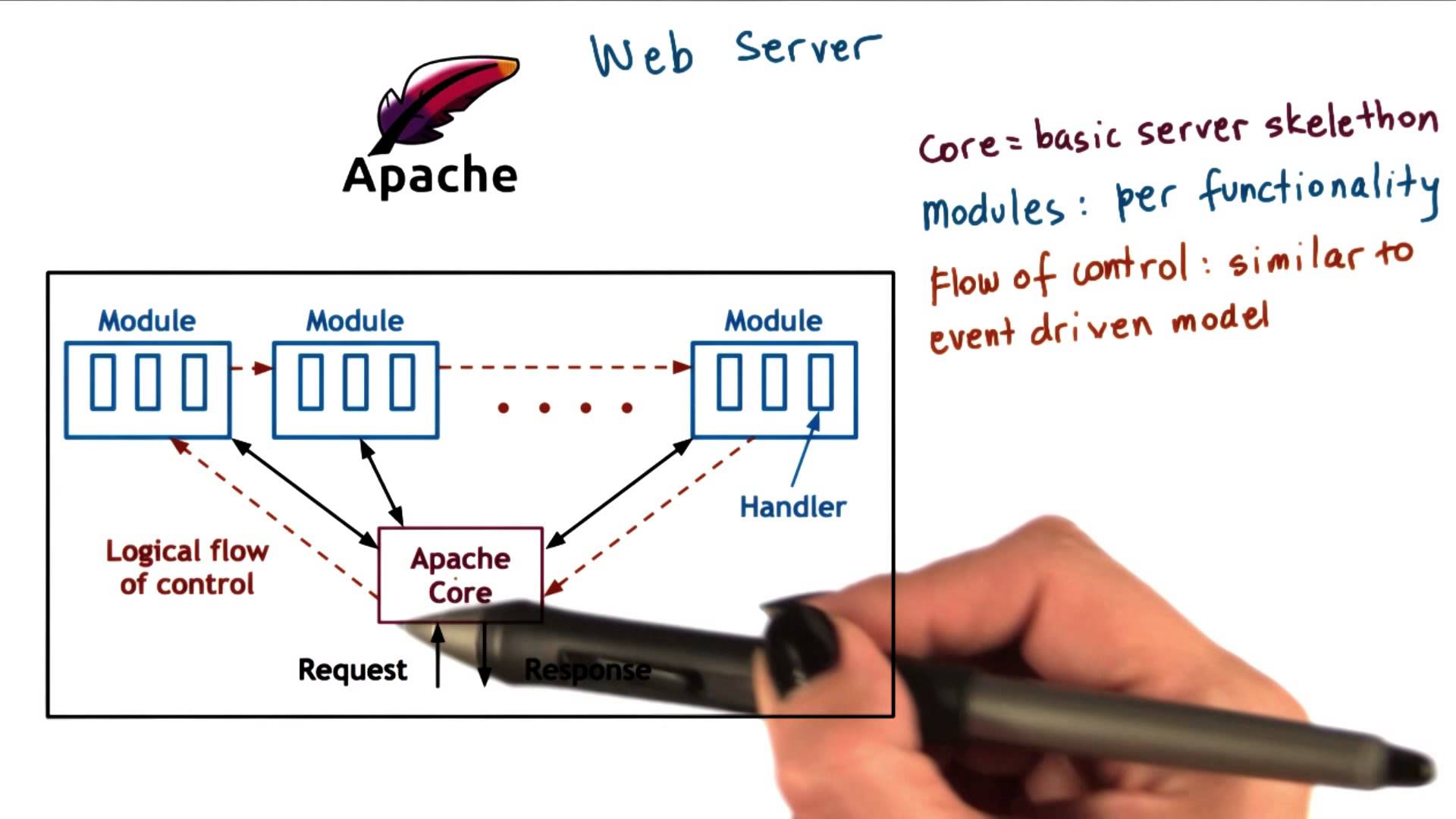Table of Content
With this method, you become the host for your site and claim responsibility for the host server. The most critical difference between home servers and third-party cloud services is the control of data. Having a home server is like having the perfect platform for home automation. Similar to hosting your website or blog, you can also host your game servers on a home server.
If you don’t plan to run a headless server, you might need to install one; however, there’s no need to install the default Linux Server installation. We also compared Ubuntu to Fedora and to each other in addition to comparing the two platforms. Servers use Debian due to its long track record of reliability. It is not intended for use with a server flavor, but it is an excellent choice for a do-it-yourself Linux server. If you are just starting out, a Debian-based distribution or an Ubuntu derivative would be best for you. There are many Linux servers available for home use, each with its own advantages and disadvantages.
Pressed for time? Stay informed with CNA's newsletters
But the numbers we have provided are all based on average power consumption of a desktop PC and power cost, so they are not out of the realm of ordinary costs. You may have access to a PC using less power and lower electricity rates, so the actual numbers will always vary. The next big thing you’ll have to worry about is what programs to run on the server. There is a huge amount of free and open-source software you can host yourself, but finding it can be tricky. Maintains a list of self-hosted software that you can run on a Linux server.

Sys admins and developers can use openSUSE, a Linux distribution designed specifically for them. SUSE has remained relevant since it was created by Linus Torvalds shortly after Linux was invented. If you have a choice, pick a provider that offers good, reliable speeds and makes its customers happy. Ask around, or search the web for the phrase " sucks" if you want to hear the worst. Some providers have very restrictive policies and prefer their users not to do things like build servers; others, like the excellent sonic.net, are thrilled to have adventurous users.
Creating a Server at Home for Web Hosting [2022 Guide]
Let’s say you are starting a blog but don’t want to pay for a hosting service or simply value being able to have full control over the site. A server will allow you to host a website with up to a certain amount of traffic. The high throughput of modern servers comes in handy if you are a content creator or gamer. If you edit 8k videos, dumping them all onto an editing server will allow you to store loads of data in one location and edit off of it.
If you’ve purchased a new home server, it may come with an operating system pre-installed; in which case you’ll just need to update to the latest version. If you’d prefer to start fresh, there are many inexpensive options for buying your own home server. HP, Dell, Lenovo, and others all make servers that are preconfigured for home use, and may save you some trouble on the next steps. The second big open-source software firewall/router is OPNsense. Can you really trust any cloud provider when it comes to privacy?
Protect your financial privacy with Bitcoin: A comprehensive guide
OpenSUSE is a community that creates usable open-source tools for software developers and administrators. It’s a well-liked Linux distribution because of its numerous networking options. The Linux distribution Kali Linux is the best for pen testing. This desktop environment is lightweight and contains a plethora of networking, programming, and tools. You might want to try elementary OS if you are from the Apple ecosystem. This application runs on Ubuntu, which provides all of the advantages and a rich user experience.
You can test the speed of your internet connection, and you should check with your ISP if there are any limits on your connection. It's possible to argue, however, that running a personal server is better than all those options. Compared to the most similar alternative—NAS drives—home servers are more customizable and cheaper. If your goal is to encrypt network communication, then it is recommended that you use a premium VPN like iProVPN. It secures data with AES 256-bit encryption and gives you the freedom to spoof IP address.
Central storage with a Home Cloud Server
The best Linux server for home use depends on the user’s specific needs and preferences. Some of the most popular Linux servers for home use include Ubuntu Server, Debian, Fedora Server, and CentOS. Each of these servers has its own strengths and weaknesses, so it’s important to choose the one that best suits the user’s needs. Super speed is not important (unless you're planning to stream videos to dozens of users). If you have a connection already you can continue to use it as normal.
Even for those who want or need it, Windows Home Server isn't quite baked yet. It's scheduled to be released along with its corresponding hardware in the second half of this year. Still, it promises to solve a lot of problems all at once, for those who need it and are inclined to drop the cash. Finally, there are none of the arbitrary connectivity limits that Windows imposes. So realistically, a majority of people hosting a site on only one server are likely either enthusiasts, or trying to avoid dealing with hosting services ToS.
A home server can have tons of uses, and it can be incredibly convenient for those who now have to work from home because of the pandemic. It can be used for storing and managing data, gaming, taking the load off your personal computer, web hosting, and even home automation . There are many ways to access your home server remotely, assuming you’ve set it up to allow remote access. You can use SSH, port forwarding, or even set up your own VPN.

In my own home, I've had all of the above at one time or another plus various kinds of Linux boxes. If you set up one server to support file- and printer-sharing to all of those machines at once, that's generally far easier than trying to get each of them to talk to the other. It can be a simple personal computer with a big hard drive, sufficient memory, and a network connection. In most cases, home servers serve as media storage, but this is just the tip of the iceberg. Let's take a look at how you can use it, the benefits of a home server, and how to set it up.
Hosting isn’t really expensive these days, but if you have a small website and like to learn how a web server works, then you can run it perfectly from home. I love creating a smart home, I have written a lot about it, including this list with smart home ideas. When you want to create a smart home you will need a central place to manage your smart home devices. The most common use case for a home server is to use it for streaming media. With a home media server, you can watch movies directly on your Smart TV, mobile phone, or computer from your own library.


No comments:
Post a Comment